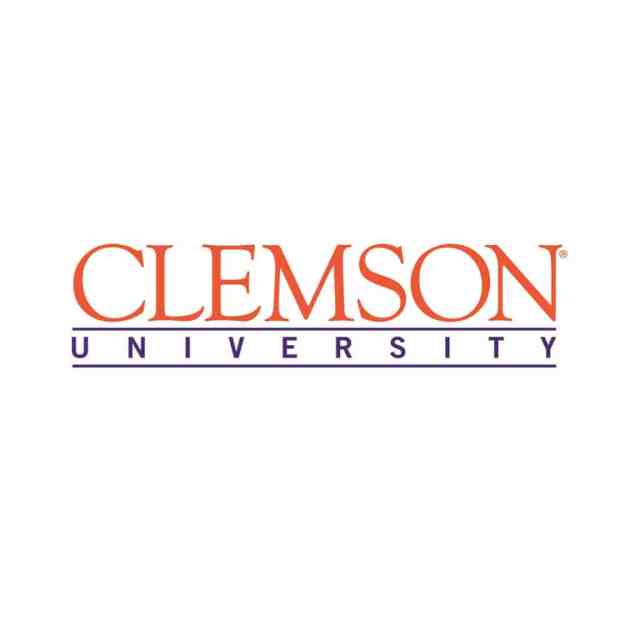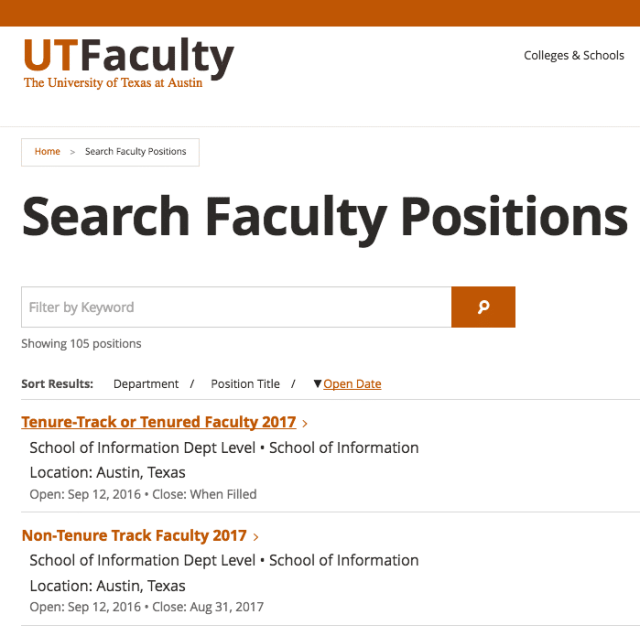We know that around this time of the year, in addition to being faculty search season, it’s also a critical point in the tenure, promotion, and faculty review cycle—on both the faculty and the administrative ends. So this month’s free webinar and Q&A focuses on managing the workload around highly structured academic reviews, and increasing the equity and transparency of these processes across the institution.
For faculty affairs offices, committee chairs, and staff trying to accept and page through official dossiers from faculty candidates, this stage of the professional review cycle often demands a large amount of time carved out just to make sure all the right pieces are there, in the right format and the right order.
At many colleges and universities, many other sorts of administrative and academic needs are coming into the modern digital era via dedicated technologies appropriate to them. Interfolio says: what about faculty development?
Here are just a few of the logistical headaches we often hear about:
- Initiating the faculty review process in a standard way for many candidates going through the same designated path (often involving staff doing the same office tasks separately for many different candidates)
- Communicating to each candidate exactly what they have to submit and when it’s due—and documenting that communication
- Confirming that the faculty member submitted everything that they were supposed to submit by a certain time
- Distributing copies of the faculty candidate’s official packet to members of the committee
- Ensuring only certain reviewers can access the candidate’s materials, and only during certain periods of time
- Verifying that all required administrative steps were taken at each stage of the review
- Keeping track of the progress of external evaluations sought from the candidate’s peers in the field (perhaps most applicable in tenure processes)
- Moving the case from one stage of review to the next, securely and completely
- Locating a record of what happened during past cases
So for faculty affairs leaders, committee chairs, faculty dossier managers, chief academic officers, or others who are interested, next week’s webinar will be a good opportunity to understand how Interfolio (informed by our clients) currently tackles academic workflow and faculty dossier needs.
Today, Interfolio Review, Promotion & Tenure accommodates a range of academic review scenarios that involve sequential examination of data and materials by a series of reviewers—whether for tenure, promotion, annual and periodic evaluations, sabbatical, or similar moments. The platform has evolved in close collaboration with experienced leaders across higher education, many of whom say they would like to see this key component of shared governance become (1) less laborious for everyone from year to year and (2) more systematically documented.









